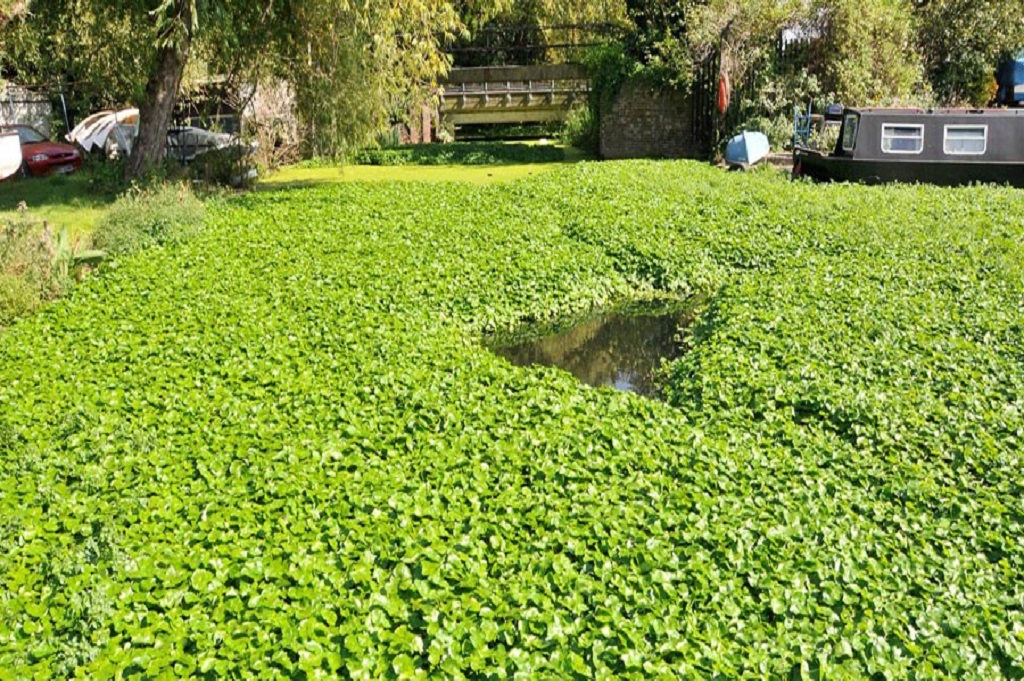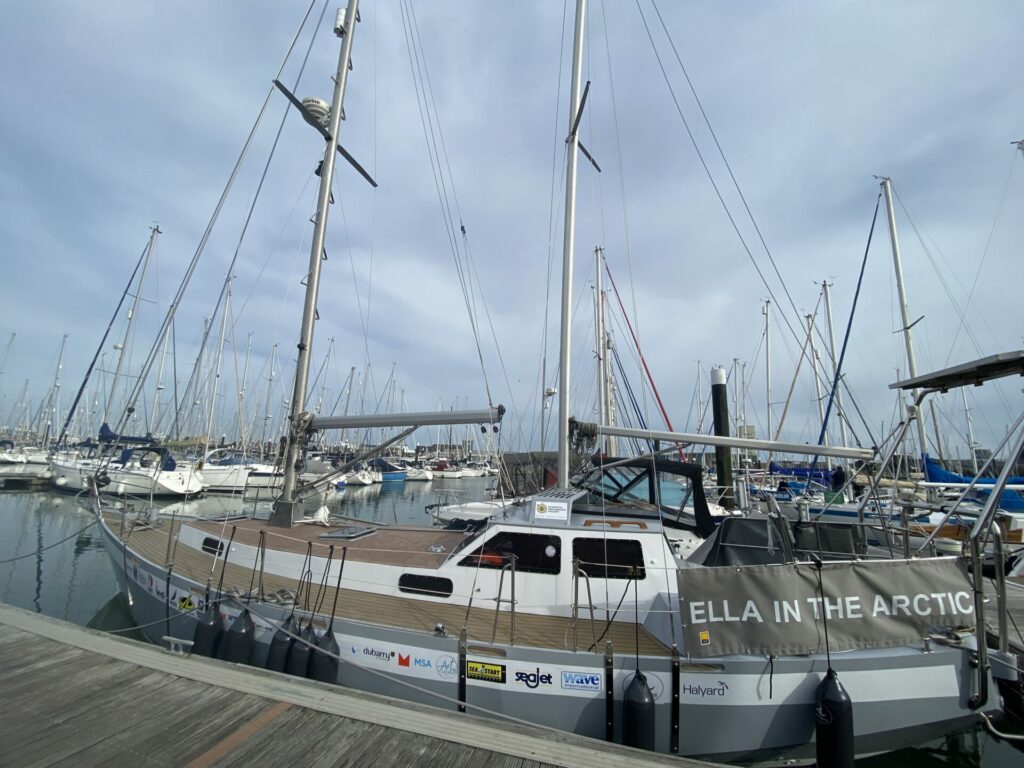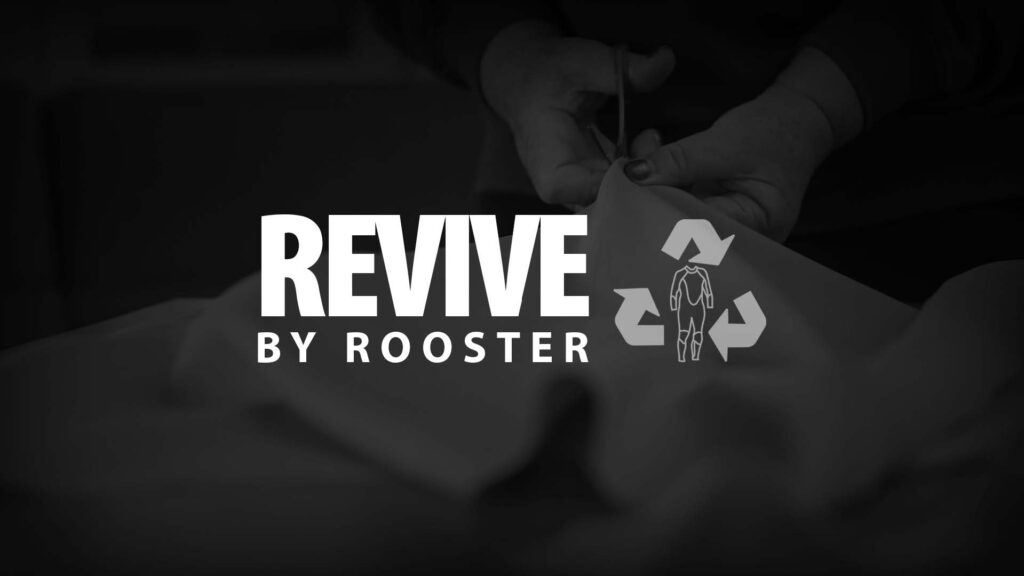Could your club help with data collection on non-native invasive species?
The Non-Native Species Inspectorate has been recently set up to help prevent the establishment and spread of invasive species. This will partly be accomplished through collection of data to better understand how species move around and to help the Inspectorate prioritise simple biosecurity steps, such as Check, Clean, Dry.
A staggering 2000 non-native plant and animal species are already established in Great Britain, with about 12 more establishing each year. Only 10-15% of these will spread and become invasive, but when they do, they can have devastating impacts on the environment, the economy, and our activities.
Freshwater invasive species are some of the most problematic; plants such as floating pennywort, curly waterweed and Australian swamp-stonecrop can completely block waterways, preventing access to users and killing any wildlife present. Tiny animals, such as the killer shrimp, can quickly dominate a water body, preying on other freshwater life. There are many ways invasive species arrive and spread in Great Britain, for example as escapees from gardens, as hitchhikers on angling equipment or in ballast water. One potential pathway is hitchhiking on boats or boating equipment.
The Non-Native Species Inspectorate are keen to work closely with the boating community to help gather information on any potential risk of invasive species hitchhiking on boats. They are looking for sailing clubs that would be willing to participate in their research, which would involve them visiting clubs and asking boat owners to take part in a survey of their boats.
The Inspectorate will be reaching out to clubs across the UK in the coming months, but in the meantime if your club would like to get involved, please email: NNSI@apha.gov.uk. Learn more about invasive species prevention and the Check, Clean, Dry best practice on our advice pages.




